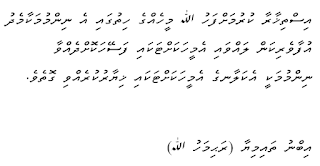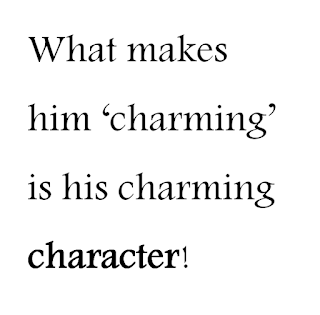Hiyaa (Part 14) - Blog post dhivehi

"ކަލޭގެފާނުގެ ވެރިރަސްކަލާނގެ ކަލޭގެފާނު ދޫކޮށްނުލައްވައެވެ. އަދި ނުރުހުންވެވޮޑިއެއް ނުގަންނަވައެވެ." ސޫރަތް އައްޟުޙާ، 3 ޟުޙާ ސޫރަތުގެ މި އާޔަތް ފެނުމުން އަޅުގަނޑުގެ ހަނދާނަށް އަންނަނީ ޔޫސުފް ޢަލައިހިއްސަލާމްގެ ވާހަކައެވެ. އަޅުގަނޑުމެންގެ ތެރެއިން ގިނަ ބަޔަކަށް އެނގޭނެ ފަދައިން ޔޫސުފް ޢަލައިހިއްސަލާމް ވަނީ އެކަލޭގެފާނުގެ ޙަޔާތުގައި ވަރަށް ގިނަ އިމްތިޙާންތަކާއި ކުރިމަތިލައްވާފައެވެ. އެންމެ ފުރަތަމަ އިމްތިޙާނެއްގެ ގޮތުން އެކަލޭގެފާނުގެ އަމިއްލަ ބޭބެމެންގެ ނަފްރަތާއި ޙަސަދައާއި ކުރިމަތި ލައްވަން އެކަލޭގެފާނަށް ޖެހިވަޑައިގަތެވެ. ބޭބެމެންނާއެކީ އުފާވެރި ދުވަހެއް ހޭދަކުރެއްވުމުގެ އުއްމީދުގައި އެ ބޭބެމެންނާއެކީ ވަޑައިގަތީ އެއީ ނުބައި ރޭވުމެއްކަން އެނގިވަޑައިގަތުމެއް ނެތިއެވެ. އެކަލޭގެފާނުގެ ބޭބެމެން އެކަލޭގެފާނު ވަޅަކާއި ދިމާލަށް ކޮއްޕަން ފެށުމުން އެކަލޭގެފާނަށް ލިބިވަޑައިގަންނަވާނެ ސިހުން ޚިޔާލަށް ގެންނާށެވެ. ވަޅުގެ އަނދިރިކަމުގެ ތެރެއަށް ވެއްޓިގެންދާ ވަގުތު އެކަލޭގެފާނަށް އިޙްސާސްވެ ވަޑައިގަންނަވާނެ ބިރުވެރިކަން ޚިޔާލަށް ގެންނާށެވެ. ވަޅުގެ ތެރޭގައި ވަނިކޮށް ދަތުރުކުރާ ...









